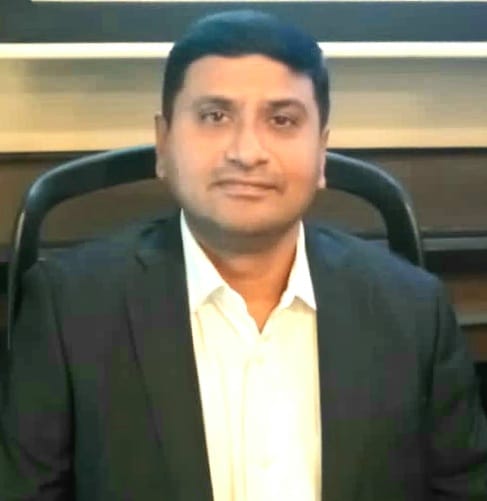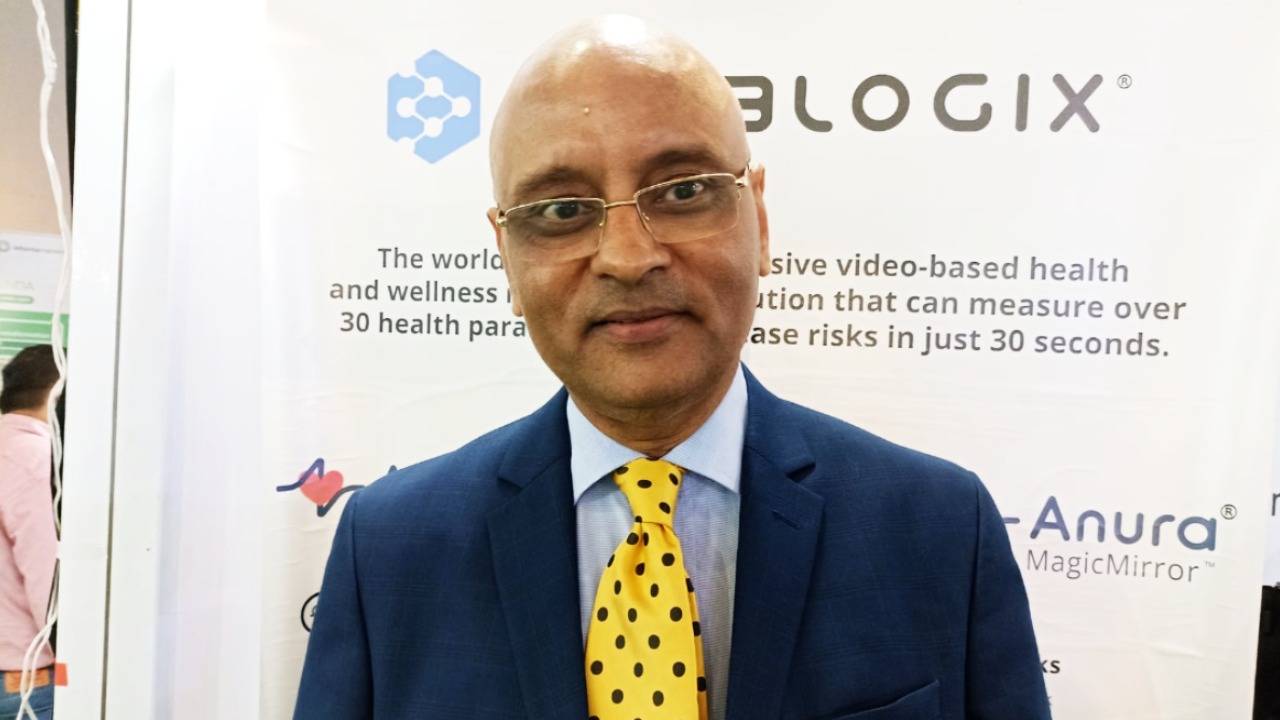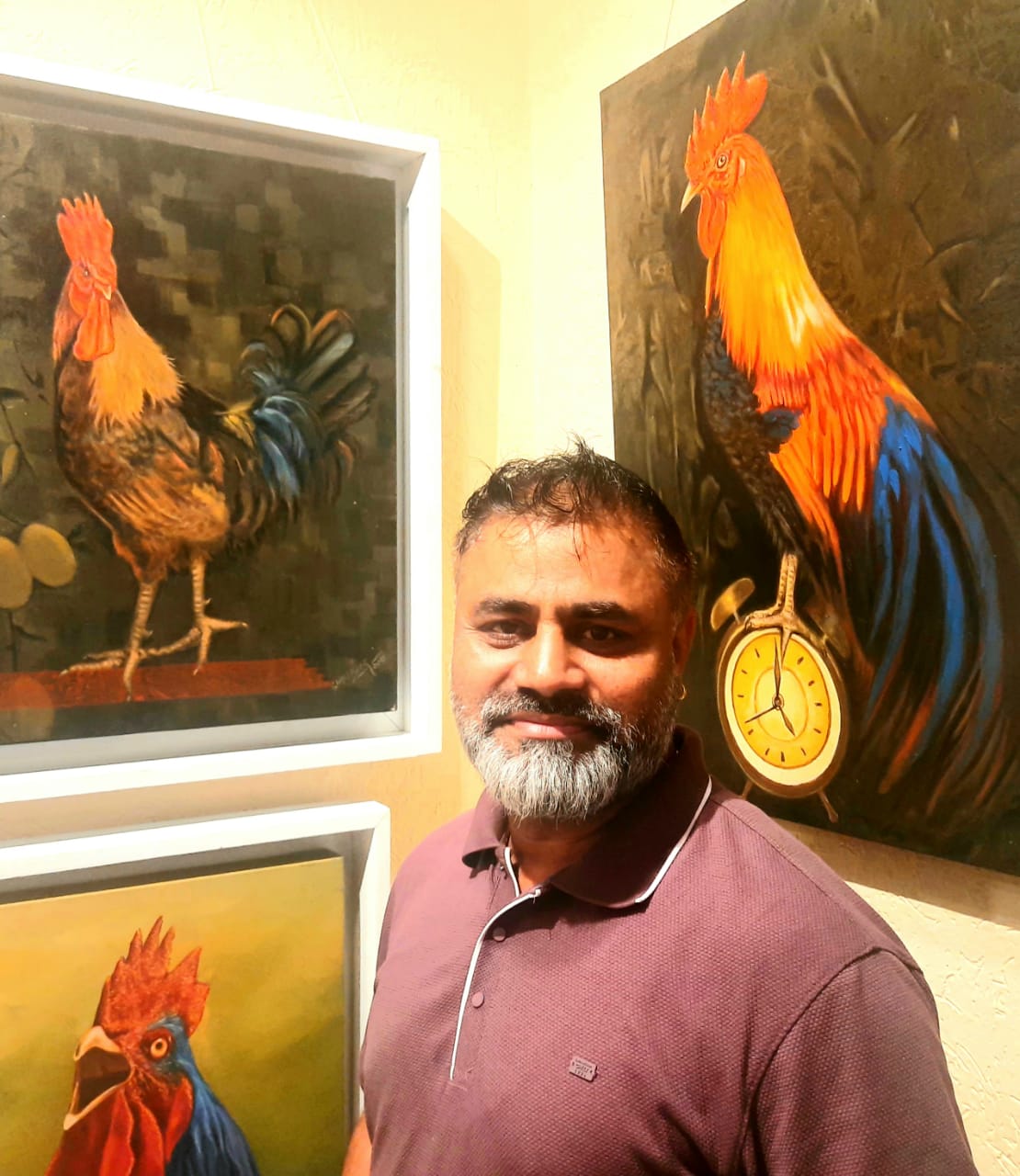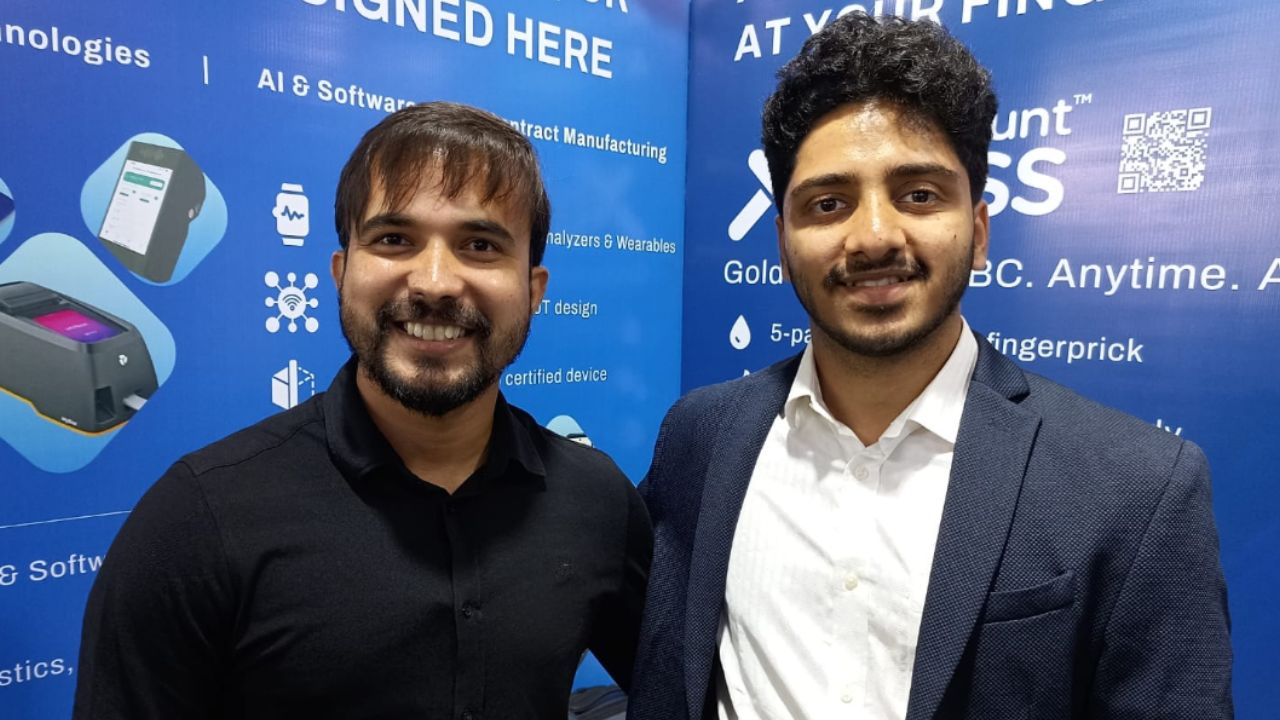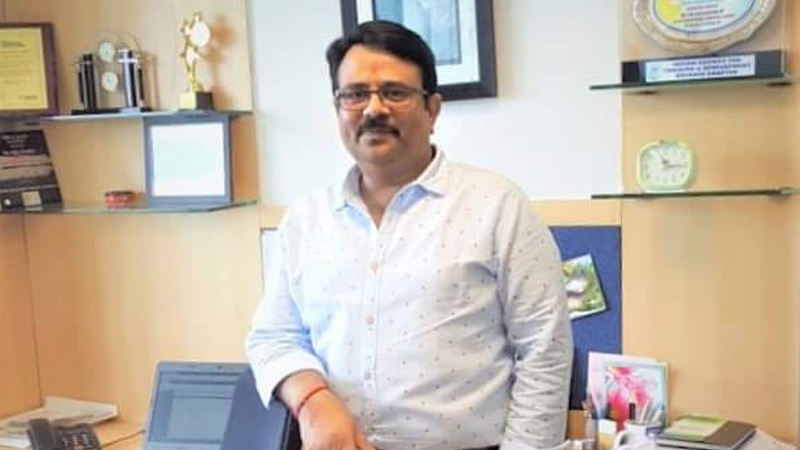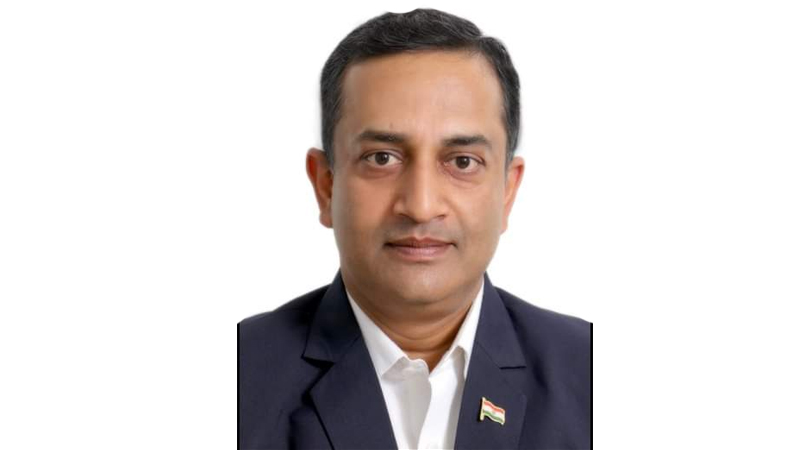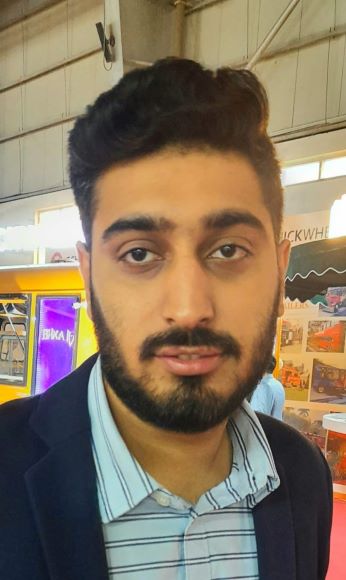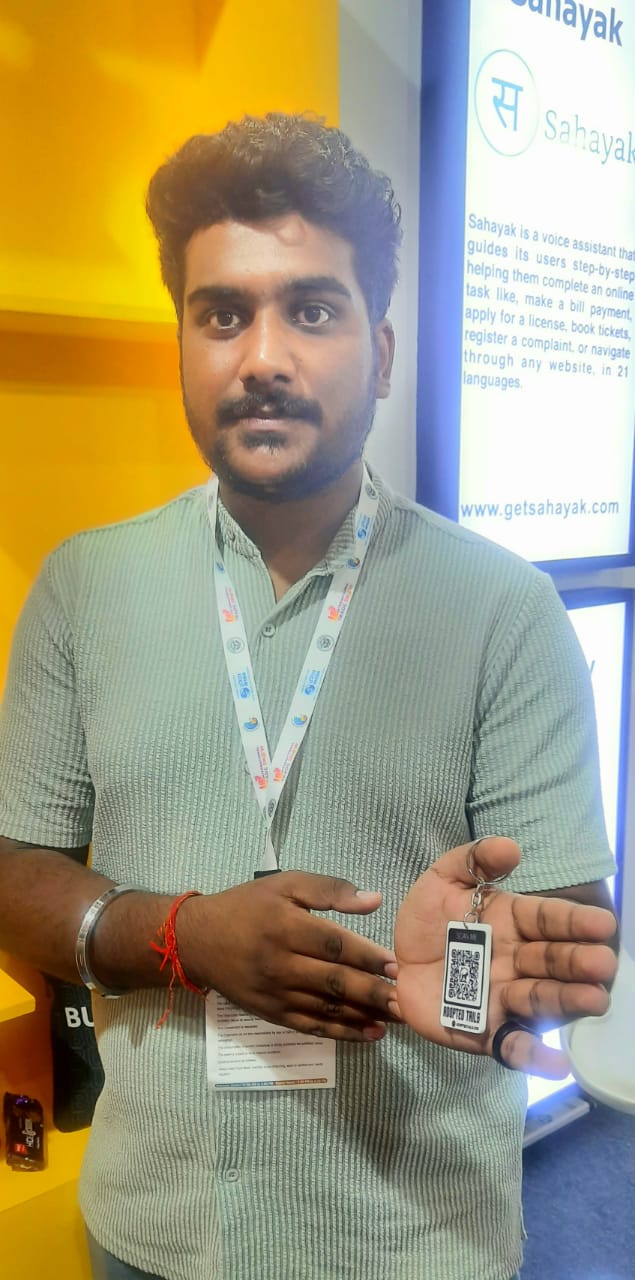WS Audiology, a global leader in the hearing aid industry, emerged in 2019 from the merger of Sivantos and Widex. With over 140 years of experience pioneering technology to assist those with hearing loss, WS Audiology enhances lives through path-breaking hearing solutions. The company boasts truly differentiated brands such as Widex, Signia, Rexton, Audio Service, and Vibe, and operates across wholesale, retail, online, managed care, and diagnostic solutions, actively serving over 130 markets.
One of WS Audiology’s premier brands, Signia, recently launched the ‘Brilliant Sound Galaxy (BSG)’ in Jaipur, an innovative concept store that redefines the hearing solutions experience.
In an exclusive discussion with P. Srinivasan, a senior journalist representing The Interview World, Avinash Pawar, CEO & Managing Director of WS Audiology India, provided insights into the company’s initiatives to develop inventive hearing solutions and the current state of hearing loss and hearing aid adoption in India. The following are the key takeaways from this insightful interview.
Q: What is the estimated number of individuals affected by hearing loss in the country?
A: Globally, hearing loss is a pressing concern, affecting an estimated 1.6 billion people, among whom approximately 430 million endure severe hearing difficulties. The World Health Organization (WHO) forecasts these numbers to escalate to 2.5 billion by 2050, with a staggering 700 million individuals expected to grapple with debilitating hearing challenges.
In India, WHO estimates reveal that approximately 6.3% of the population suffers from Significant Auditory Impairment, necessitating targeted interventions to improve their quality of life. Addressing this growing global issue requires concerted efforts in healthcare, technology innovation, and public awareness to ensure equitable access to hearing solutions and support services.
Q: What is the adoption rate of hearing aids among people with hearing loss?
A: Despite the availability of solutions, only 20% of individuals affected by hearing loss have access to hearing solutions, underscoring a critical gap in care. This deficiency has also profound societal consequences, contributing to feelings of isolation, exacerbating mental health challenges, impeding cognitive function, and limiting career opportunities. Furthermore, hearing loss stands as the most prevalent sensory impairment globally, yet it remains shrouded in stigma.
In addition to this, insufficient public discourse on hearing loss perpetuates this stigma, influenced by various factors including misconceptions and societal norms. Addressing these barriers through increased awareness and proactive healthcare measures is essential to improving the quality of life for those affected by hearing loss.
Q: What factors are contributing to the rising incidence of hearing loss across all age groups?
A: In the past, older adults suffered hearing loss predominantly. However, there has been a noticeable shift, with younger generations increasingly affected. This trend is attributed to factors such as prolonged exposure to loud noises, frequent use of earphones and headphones at high volumes, congenital conditions in newborns, and potential implications for individuals with diabetes.
These factors underscore the widening demographic impacted by hearing loss, highlighting the importance of proactive measures and awareness campaigns.
Q: Hearing aids can be prohibitively expensive, making them inaccessible for many people, including those in the middle class. How do you address affordability in your hearing aid offerings?
A: We manufacture affordable digital hearing solutions, priced between Rs. 8000-9000, making them accessible even to economically disadvantaged individuals. As the sole global company producing hearing aids locally in India, we are also committed to Corporate Social Responsibility by donating 2000-2500 units annually to underprivileged communities. Additionally, several NGOs procure our hearing solutions for free distribution to those in need.
Q: Many individuals who obtain hearing solutions often find those uncomfortable and complain about excessive background noise, leading to underuse. What solutions do you offer to address these issues and enhance the user experience?
A: Many individuals refrain from using hearing solutions despite investing significantly in them. Adjusting to hearing aids, known as acclimatization, is crucial. Typically, this process takes between one to two weeks. To facilitate this adjustment, we offer a trial period for users to experience the benefits of our hearing aids before making a purchase decision.
Q: Can you provide details about the Brilliant Sound Galaxy recently launched in Jaipur?
A: Brilliant Sound Galaxy (BSG) has launched its flagship store in the vibrant C-Scheme area of Jaipur, operated by Earbuddy Hearing Clinics, a trusted chain specializing in hearing aids. Understanding the profound impact of hearing loss on quality of life, BSG also integrates interactive experiences, innovative products, and expert audiological advice under one roof, setting a new standard in hearing care services and hearing solutions.
This innovative concept aims to enhance the consumer experience by offering a unique blend of self-discovery opportunities. As the first store of its kind in India, BSG allows customers to self-screen their hearing, experience live demonstrations with state-of-the-art hearing aids, and gain insights to make informed decisions about their hearing health.
With this opening marking BSG’s 9th store in India, our experienced audiologists provide comprehensive diagnosis and personalized hearing solutions. They aim to empower customers on their journey towards improved hearing and a better quality of life, ensuring each visit to BSG is both informative and transformative.
Q: Do you have any strategies in place for opening stores in rural regions?
A: Yes, we are currently expanding our presence into tier-3 and tier-4 cities. Furthermore, we conduct specialized outreach camps in rural areas to screen individuals, provide detailed information on their hearing loss status, and offer personalized recommendations for hearing aids. Our initiative aims to ensure equitable access to comprehensive hearing healthcare services, bridging gaps across diverse geographic settings.
Q: Is the current number of audiologists in India adequate to meet the healthcare needs of the population?
A: The scarcity of audiologists is starkly evident, with only one audiologist available for every 500,000 people in the country. Despite this low availability, there remains a notable reluctance among audiologists to relocate to tier 3 and 4 towns. This disparity also poses a significant challenge in meeting the growing demand for audiological services in underserved areas.


